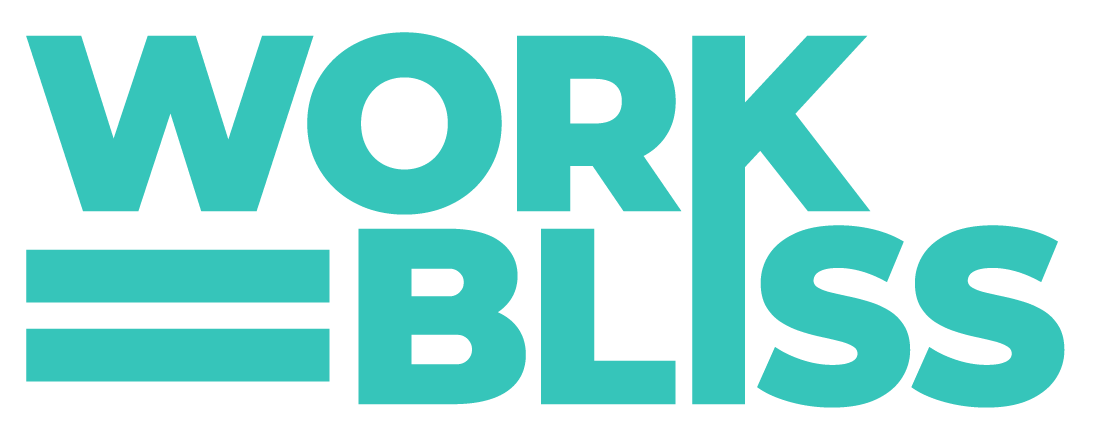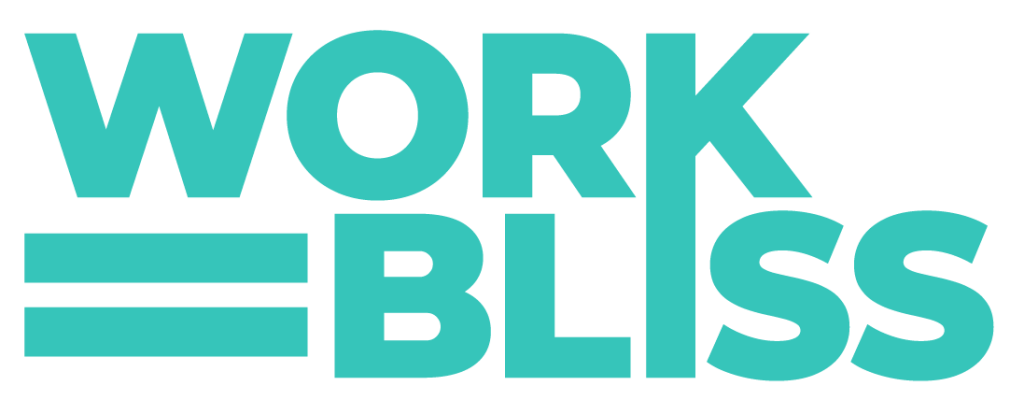In the rapidly evolving landscape of Diversity, Equity, and Inclusion (DE&I) initiatives, finding effective methods to drive meaningful change is essential. While there’s an abundance of coaching platforms available, it’s not enough to simply allocate a portion of coaching resources to DE&I efforts and expect significant outcomes. To truly make a difference, your approach needs to be tailored, results-oriented, and consistent. In this article, we’ll explore how to integrate customized coaching for diversity initiatives into your DE&I programs for lasting impact.
Customization and Outcome Focus: The Core of Successful Integration
DE&I initiatives aren’t one-size-fits-all solutions. Every organization has unique challenges and opportunities, which is why customization is key. It’s tempting to purchase a batch of coaching sessions and allocate a percentage to DE&I, but this approach often falls short. To maximize the effectiveness of coaching in your DE&I programs, you need to align coaching goals with your organization’s specific DE&I objectives.
Start by clearly defining the outcomes you’re aiming for. Do you want to enhance cross-cultural communication? Foster an inclusive leadership style? Reduce unconscious bias? When you have well-defined goals, you can choose or design coaching programs that directly address these objectives. Remember, the true value of coaching lies not just in the process, but in the transformative outcomes it can achieve.
Measuring Success: Concrete Metrics and ROI
Incorporating customized coaching for diversity initiatives into your DE&I programs necessitates a strong focus on measurable outcomes and return on investment (ROI). Employing tangible metrics is crucial for assessing the effectiveness of your coaching interventions and pinpointing areas that require further attention. These metrics may encompass enhancements in employee engagement surveys, an upsurge in representation within leadership roles, a reduction in turnover rates among underrepresented groups, and more.
ROI extends beyond mere financial considerations; it involves evaluating the impact of coaching on your organization’s culture, employee satisfaction, and the overall progress of your DE&I efforts. By consistently monitoring and analyzing these metrics, you can effectively showcase the value of customized coaching for diversity initiatives within your DE&I programs and secure ongoing support and resources from stakeholders.
Creating Safe Spaces for Transformation
Coaching sessions can serve as safe spaces where leaders, at all levels, can openly discuss their challenges, biases, and growth opportunities. To truly integrate coaching into DE&I programs, encourage leaders to view these sessions as opportunities for self-reflection, growth, and transformation.
Promote open dialogue about unconscious biases and barriers to inclusion. Help leaders recognize their blind spots and develop strategies to overcome them. By fostering these open conversations, you create a culture of accountability and awareness that ripples throughout your organization.
Targeted Support: From Front-Line Managers to Top-Level Leaders
When implementing coaching within your DE&I efforts, it’s crucial to identify the levels of management that require the most support. While all leaders can benefit from coaching, focusing on specific tiers can yield quicker and more impactful results. For example, front-line managers, directors, or VP-level leaders might benefit the most from targeted coaching, as their decisions and behaviors often have a direct impact on the broader workforce.By addressing the unique challenges faced by leaders at different levels, you can ensure that coaching resources are used effectively and that the resulting changes permeate across your organization.
Consistency Breeds Success
Consistency is the cornerstone of any successful coaching integration. The ‘one-and-done’ approach rarely delivers sustained results. Short-term coaching interventions might provide temporary improvements, but lasting transformation requires ongoing effort.
Consider implementing longer-term coaching programs that span several months, allowing leaders to delve deep into their growth journeys. Regular coaching sessions enable leaders to track their progress, refine strategies, and internalize new behaviors, ensuring that the changes become ingrained over time.
In conclusion, integrating coaching into DE&I programs isn’t a casual endeavor. It demands a thoughtful, customized approach with a strong focus on outcomes, measurement, and consistency. By creating safe spaces for leaders, targeting the right management levels, and tracking measurable results, you can harness the power of coaching to drive meaningful and sustainable change within your organization’s DE&I initiatives. Remember, it’s not just about checking boxes; it’s about transforming mindsets, behaviors, and ultimately, your organizational culture.



